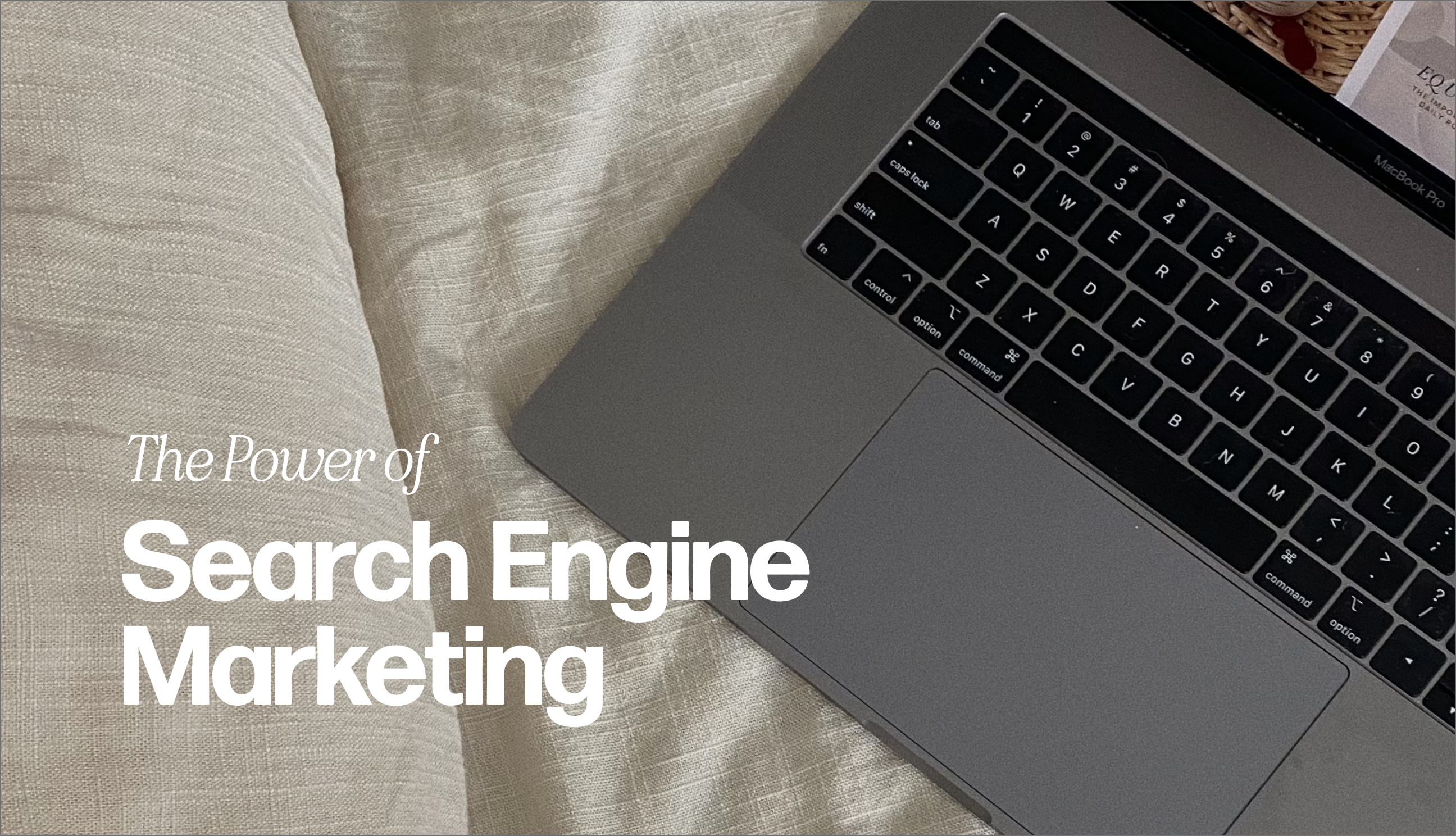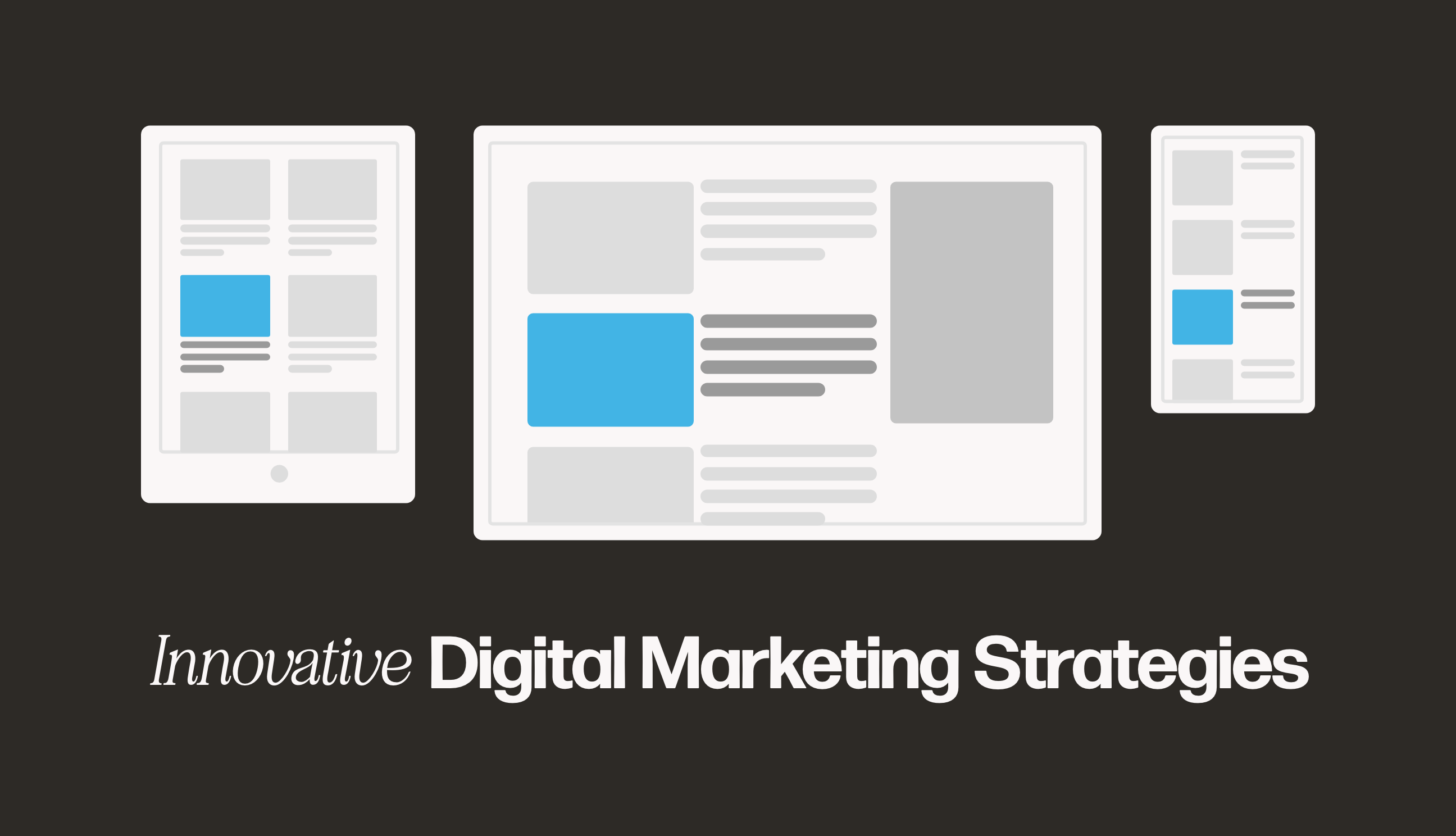A Quick Guide to Shopify vs WooCommerce for eCommerce


By Megan | Aug 3, 2018 (5 min read)
Setting up or rebuilding your website can sometimes feel like a game of Jeopardy.
“Choose a domain name.”
“Choose a web hosting platform.”
“Choose a fancy new theme.”
Then the dreaded final question: which eCommerce platform?
When it comes to choosing an ecommerce store for your products, you’ll soon notice two of the most popular (especially for smaller companies) are Shopify and WordPress. The challenge is in deciding which one works for you: both companies look good, but for very different reasons.
eCommerce websites for small business
Here’s the good news, unlike in years past when you had to hire a developer to build an ecommerce store for you, both Shopify and WooCommerce allow you to build an online store with almost no knowledge of coding.
One of the biggest questions we get as eCommerce developers, is which platform is the best suited for business? What are the pros and cons of Shopify vs WordPress for eCommerce?
These are not simple questions, but we’ll aim to keep the answers simple.
To help you make the right choice here is a quick ecommerce platform comparison between Shopify or WordPress’ WooCommerce.
What is WooCommerce?
WooCommerce is a WordPress plugin, meaning you can’t run it without WordPress.
WordPress is a hugely popular blogging platform that works amazingly well with plugins and extensions. The numbers don’t lie: WordPress today runs approximately 65 percent of all content management system (CMS) websites on the Internet, so you know that it is effective.
WooCommerce started as an independent plugin and was acquired by WordPress’ parent company Automattic in 2015. This means that although it is a plugin, it is not going away anytime soon.
Because WordPress is a blogging platform it has a ton of SEO compatibility, meaning you will get better exposure and Google results (especially with plugins like Yoast).
WordPress doesn’t really offer much in the way of free trials (unless you want to set up a basic blog) so you will need to pay some money upfront (typically $300 – $500 for a decent setup).
Besides upfront cost, probably the biggest challenge of a WordPress site is that you need some basic knowledge of website design, and using plugins. It isn’t super complicated and there are plenty of how-to videos online to help you get the look and function that you want. Just be aware you’ll have to put the hours in.
What is Shopify?
Shopify is an all-in-one eCommerce platform, meaning it is self-hosted and you can build a website as well as an eCommerce store together without plugins.
Shopify grew in popularity because of its wide range of free, modern templates to choose from. All Shopify themes are mobile responsive and have a variety of different customizing options. And they look good. They are sleek, clean and modern which appeals to most companies in business today.
This can sometimes cause you a problem: because everyone loves the design of Shopify, you can tend to have a website design that looks exactly like everyone else. Keep this in mind and consider that some extra development might be needed to make you look unique.
While Shopify starts out free, it soon ramps in cost because of the transaction fees. If you have a high volume eCommerce site, it is important to know upfront what it’s costing you per transaction.
Shopify Vs WooCommerce Side-by-side Comparison
| Shopify | WooCommerce |
| It offers three different plans for its users, starting at $29 per month. | Completely free, although you will need to purchase your own hosting. |
| It comes with a free ‘myshopify.com’ subdomain for all plans. | No free domains – you need to buy your own. |
| Enables you to add unlimited products to your store. | It also supports an unlimited number of products. |
| Charges you specific fees for all your payments. | Payment fees depend on which payment processor you choose. |
| Shopify offers its own app shop – both free and paid – which enables users to extend the functionality of their stores. | It comes with an extension system (just like WordPress plugins) which provides more functionality. Both free and premium extensions are available. |
| 24/7 support. They offer a variety of ways to get help or help yourself, including Tweeting. | The developers behind WooCommerce offer help desk support, as well as extensive documentation for the software. Unless you are a WordPress wiz, most of the time you are better working with a developer. |
| Dozens of premium themes are available to customize the look and feel of your site. | There are dozens of premium and free themes for WooCommerce. |
| Shopify includes a Secure Sockets Layer (SSL) certificate alongside all its plans. Good deal. | Includes SSL support (as long as you’ve obtained your own certificate). |
| It features its own analytics system, or can also be integrated with Google Analytics. | It can be integrated with Google Analytics using a plugin. It also offers great features for SEO through the Yoast plugin. |
Cost Vs Convenience
Probably the biggest differentiator between the two platforms is the ‘cost vs convenience’ question. While Shopify doesn’t require as much setup and updating, it does cost more to use per month, and per transaction. Whereas WordPress will cost less over the long term, it does require more maintenance and back-end work.
The best bet is to look at some of the sample templates and consider the costs of the transactions.
As you can see, there are a lot of features and functionality to consider. It’s not a simple decision, and nobody can make it for you.
Working with an eCommerce Web Developer
As eCommerce web developers, we can help guide you through some of the best examples we have worked on, and see if there is a similarity with your business needs. We can also give you a realistic appraisal of moving your current website over to a new platform or adding eCommerce to your site.



